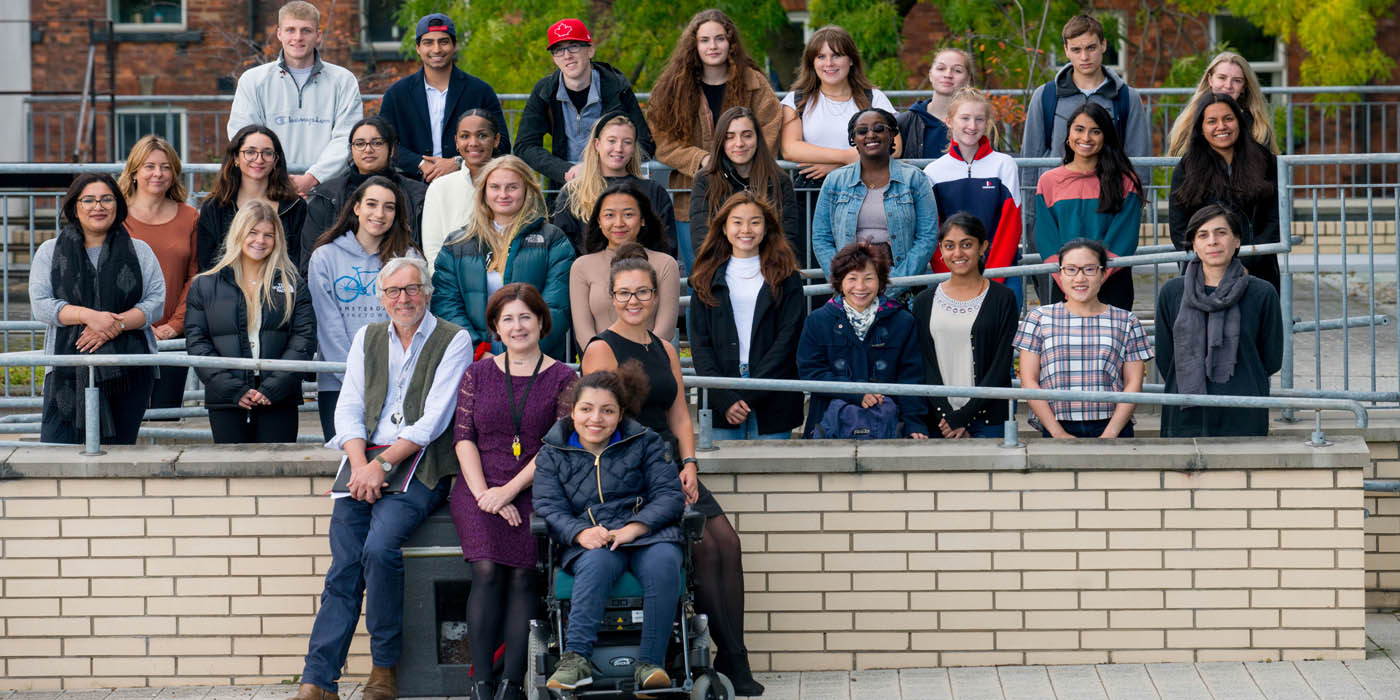Research project
Legal Entitlements and Problem-Solving (LEaP)
- Start date: 1 January 2016
- End date: 31 December 2025
- Funder: Cerebra
- Value: £270,000
- Primary investigator: Emeritus Professor Luke Clements
- Co-investigators: Dr Ana Laura Aiello

Public bodies have certain legal duties to provide health, social care and other services for disabled children, but families can find it difficult to access these services.
The research aims to identify the common legal problems that prevent families getting access to services and to find ways of solving those problems. There are four main strands to the research:
- Our Legal Entitlements and Problem-Solving (LEaP) Project, which provides legal advice to families who are having problems accessing health, social care or other services.
- Our student researchers at the University of Leeds carry out research projects on some of the common themes arising from the LEaP casework, including:
- The programme is underpinned by broader research that looks at “what works” in terms of solving the problems families face – the research team will analyse the effectiveness of different problem-solving techniques and use these results to refine the type of support we give to families.
- The team is developing an innovative education and dissemination programme, which has included recruiting Family Research Ambassadors, publishing the Accessing Public Services Toolkit and running workshops.
Publications and outputs
L Clements, A Aiello Institutionalising parent carer blame: The experiences of families with disabled children in their interactions with English local authority children’s services departments (Cerebra 2021);
P Bari, L Clements, A Aiello and T Hutchinson Unlawful restrictions on the rights of disabled children with autism to social care needs assessments (Cerebra 2020);
L Clements and A Aiello Unacceptable delay: Complaints procedures for disabled children and their families (Cerebra 2019);
L Clements, S Woodin, S McCormack and D Tilley Direct Payments for Disabled Children and Young People and their Families (Cerebra 2019);
L Clements and S McCormack Disability related expenditure and pets care costs (Cerebra 2018).
L Clements and S McCormack The accessibility of Disabled Facilities Grant application forms in England (Cerebra 2018).
L Clements and S McCormack Disabled Children and the Cost Effectiveness of Home Adaptations & Disabled Facilities Grants (Cerebra 2017).
L Clements and S McCormack Local Authority Home to School On-line Transport Policies: Accessibility and Accuracy (Cerebra 2017).
L Clements Accessing Public Services Toolkit (Cerebra 2017).
L Clements Accessing Public Services in Scotland: A problem-solving toolkit (Cerebra 2017).
Project website
https://cerebra.org.uk/what-we-do/research/our-research-partners/university-of-leeds-school-of-law/

